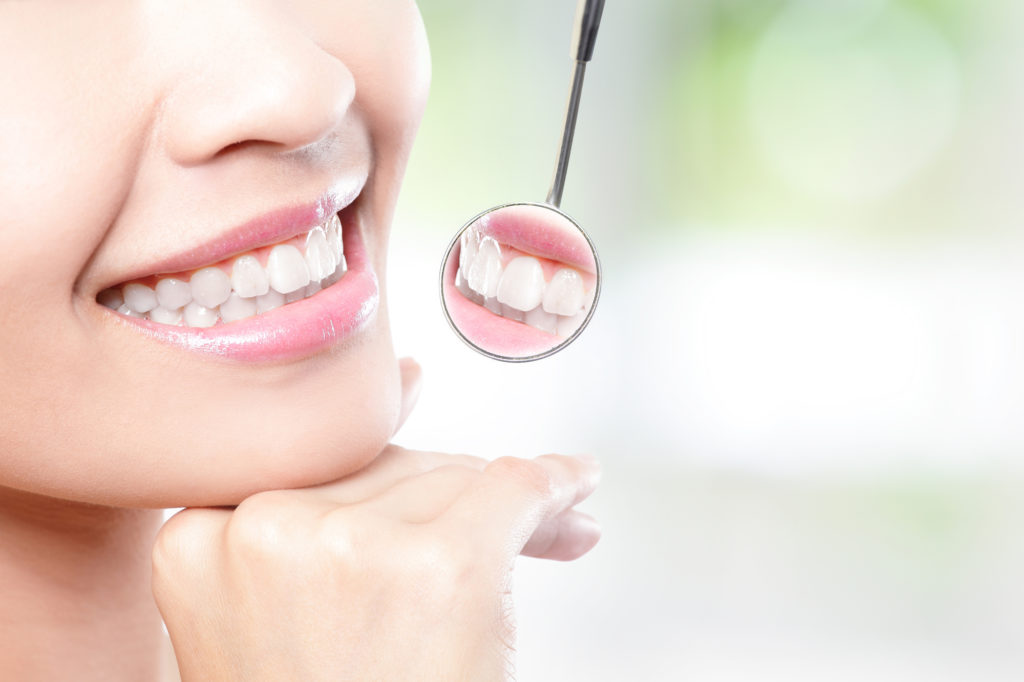Is it Safe to Keep Your Wisdom Teeth?
When we talk about wisdom teeth, sometimes the first thought is extraction. And, while the fact is that removal of wisdom teeth is common, it isn’t necessarily inevitable. Let’s talk...

Dental bonding is an easy and affordable option for addressing both structural and cosmetic issues such as chips, cracks, or gaps in your teeth. In order to get the best results, tooth bonding must be maintained, and how long your bonding lasts will depend on how well your care for your teeth after the procedure.
Dental bonding is a simple and quick procedure that can generally be done in one office visit and without anesthesia. Dr. Baudean applies a safe resin material that matches the color of your teeth to build up structure and fill the cracks, chips, or gaps in your teeth. The resin bonds to the surface of the tooth as it hardens. The resin will be shaped to create a natural-looking tooth.
Tooth bonding can last anywhere from 3 to 10 years, but how long it lasts will vary from patient to patient. The lifespan of a dental bonding will depend on the location of the tooth within the mouth as well as eating and dental care habits.
Dental hygiene is very important to extending the life of your bonding. In general, you care for your bonded teeth in much the same way you care for your natural teeth. There as several good habits you should employ to extend the lifespan of your dental bonding, as well as maintain the health and appearance of your natural teeth.
Brushing and flossing, as well as regular dental visits, are essential. In addition, it is a good idea to avoid stressing your bonded teeth. Avoid biting directly into tough foods, and take care to wear your night guard if you suffer from bruxism (teeth grinding). Remember, the resin that is used to bond teeth can stain, so avoiding foods that might cause discoloration is a good idea.
Tooth bonding can be used for a variety of dental procedures. It can improve the shape or color of teeth, fill a gap, cover a crack, or repair a chip, among other things. There are several additional options for treating these and similar dental problems, and there are advantages and disadvantages to consider for each.
For example, veneers or crowns are a longer-lasting alternative to dental bonding. Veneers and crowns are made from materials that are stronger and do not stain, unlike resin bonding, but they come with a much higher price tag than bonding. Veneers or crowns can also require multiple visits to complete treatment. Another significant benefit to dental bonding is that it usually does not require any of the tooth structure to be removed, something that may be needed for veneers or crowns.
Bonding is a great lower-cost cosmetic option for changing tooth size, shape, and color. Bonding can put a better smile within reach. Because there are many pros and cons to consider when choosing between bonding and other treatment options, it is important to discuss your concerns in depth. Schedule a free consultation with Dr. Baudean to find out if dental bonding is the best choice for you.